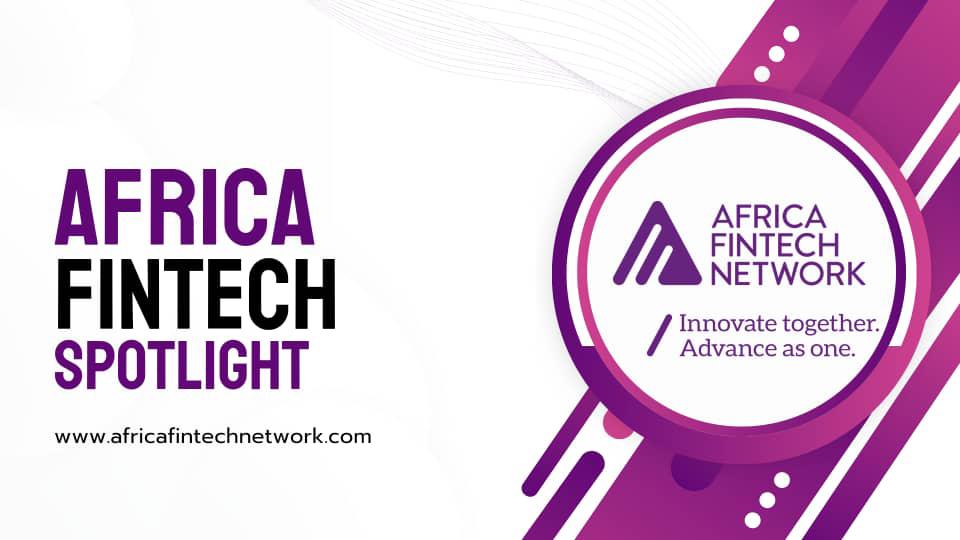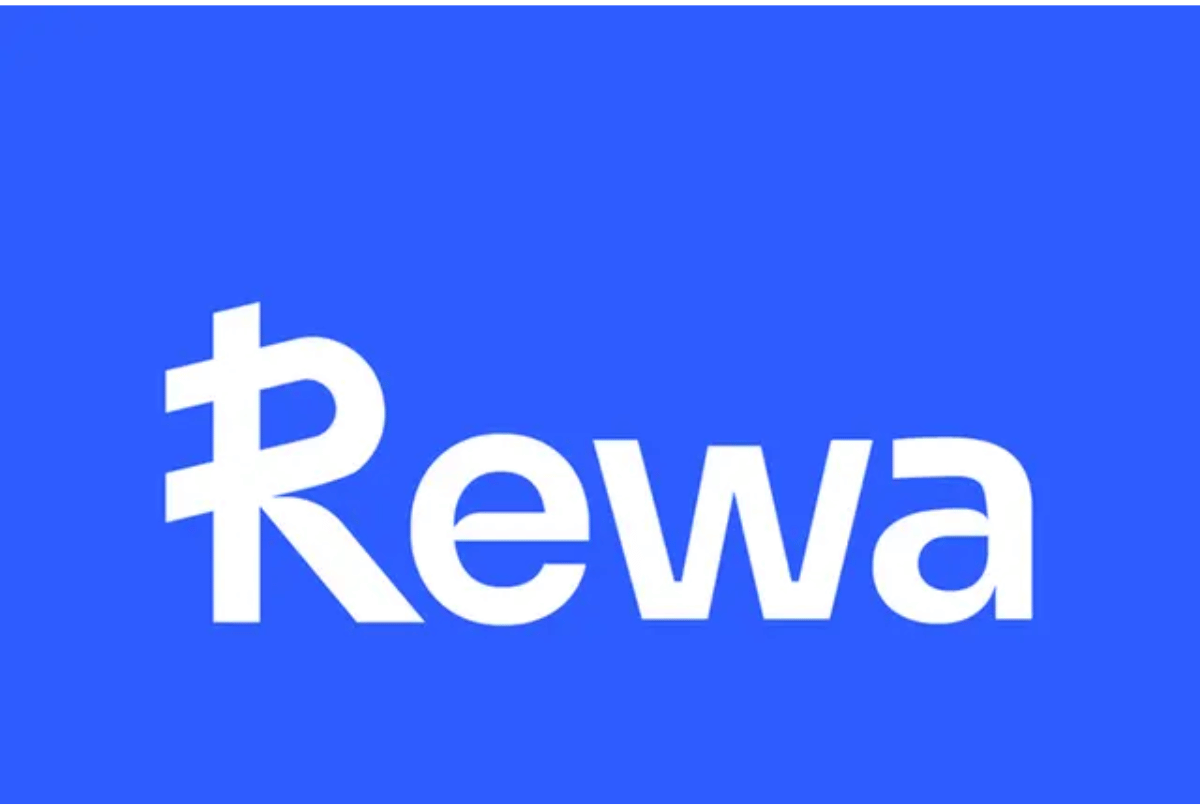
Africa Fintech Spotlight
PalmPay Expands into Four African Markets After Nigerian Success
Multiple reports have confirmed that the Nigerian fintech company PalmPay has announced plans to expand its operations to South Africa, Côte d’Ivoire, Uganda, and Tanzania before the end of 2025.
According to the reports, the move comes on the back of strong growth in its home market of Nigeria, where the platform processed over 15 million daily transactions in the first quarter of 2025.
PalmPay’s decision to enter these new markets potentially aligns with its strategy to broaden its footprint across Africa, offering digital payment solutions and financial services to a growing customer base.
MNT-Halan Raises $49M Via Egypt’s Largest Corporate Bond Issuance
Egyptian fintech unicorn MNT-Halan has completed a landmark EGP2.5 billion (US$49 million) corporate bond issuance, said to be the largest in Egypt to date. The bond, rated BBB+ by Middle East Ratings and Investor Services (MERIS), is structured in two tranches: EGP2 billion with a 12-month term and EGP500 million with a 36-month term.
Founded in 2018, MNT-Halan operates a digital ecosystem focused on financial inclusion through small business lending, payments, consumer finance, and e-commerce. The company has disbursed over $11 billion in loans and serves more than 8 million users globally.
Read more: https://www.dabafinance.com/en/news/mnt-halan-raises-49m-via-egypts-largest-corporate-bond-issuance
Why Stripe Skipped Africa’s Fintech Powerhouses
Stripe recently announced that it would support USDC and USDB stablecoins for businesses in 101 countries to hold, send, and receive dollar-pegged stablecoins, 25 African countries made the cut, yet the rollout notably bypassed three of the continent’s fintech giant markets: Nigeria, South Africa, and Ghana.
According to reports, Nigeria alone represents 32% of Africa’s fintech startups, followed by South Africa with 20.6%. Ghana also plays a big role, but its exact percentage is lower than Nigeria and South Africa.
This omission raises questions about regulatory compliance, economic stability, and risk management in these jurisdictions.
Read more: https://techbuild.africa/why-stripe-skipped-africas-fintech-powerhouses/
Africa Crypto Week in Review: Kenyan Court Orders Worldcoin to Delete Biometric Data, CBEX Plans Reboot, Nigerian Fintech Joins Zone Blockchain
Africa crypto news: Court in Kenya orders Worldcoin to delete biometric data, CBEX reboots amid scam fears, Nigerian fintech joins Zone blockchain for faster payments.
The Worldcoin project faces legal challenges in Kenya after a court ordered the deletion of collected user biometric data. Meanwhile, the controversial crypto exchange CBEX is attempting a reboot, drawing further scrutiny after recent failures. In Nigeria, the Zone blockchain network has partnered with two fintech platforms to enhance payment efficiency.
Why Outdated Banking Infrastructure Is A Growing Risk
The financial industry runs on two things: trust and timeliness. But behind the sleek front-end experiences banks and lenders present to consumers, many institutions are still powered by outdated infrastructure – systems built decades ago that are increasingly misaligned with the demands of a real-time, digital-first economy.
Meanwhile, new fintech disruptors and nonbank lenders have surged ahead, leveraging AI-driven, cloud-native platforms to deliver faster, more personalized services at lower costs. Traditional institutions, on the other hand, remain shackled to fragmented and high-maintenance legacy systems that slow them down and erode their competitive edge. This gap is widening. And for financial institutions, it’s a growing business risk.
Read more: https://techfinancials.co.za/2025/05/10/why-outdated-banking-infrastructure-is-a-growing-risk/
Cash-loving Japan reluctant to switch to app-based salary payments
TOKYO – App-based digital salary payments are yet to gain traction in Japan two years after being introduced, with only a fraction of workers choosing the option despite the nation slowly trending towards a cashless future.
Over 100 companies now offer PayPay, a government-approved mobile payment app, as a method to receive salaries, but only 2.8 percent of 20,000 people aged between 18 and 69 surveyed recently said they are paid via the app or another like it, despite 61.9% knowing it may be possible, according to research firm MMD Labo.
While four app providers have started offering salary payment services, experts believe people need to see more benefits from choosing the method for it to grow in popularity.




